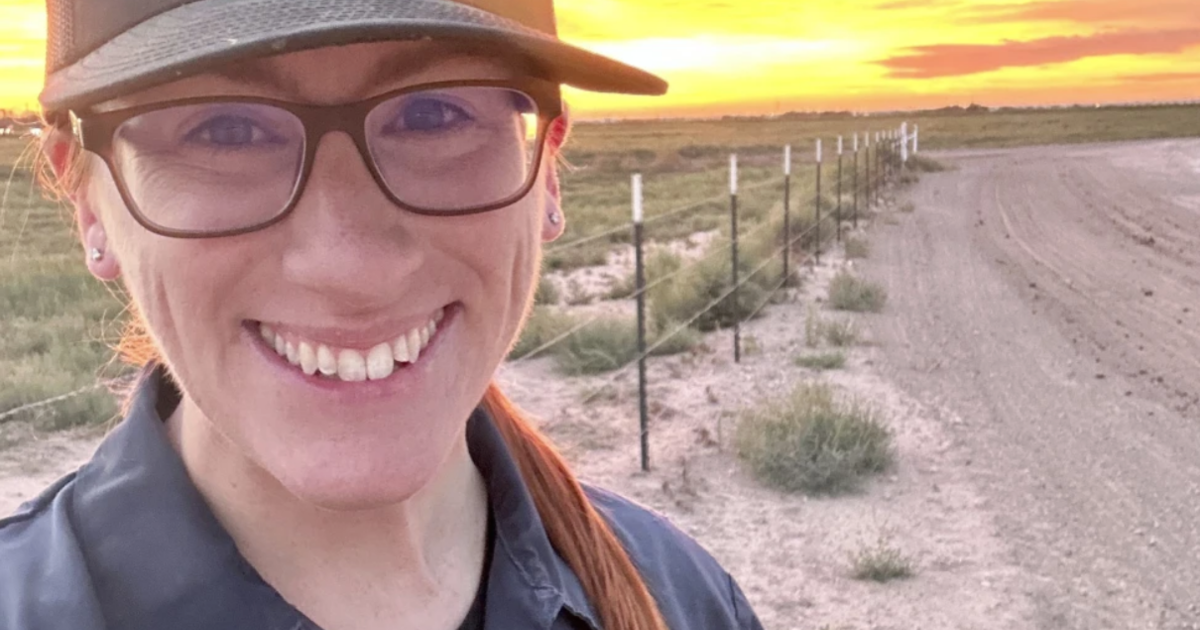Bald eagle spotted in Plano, as once nearly extinct bird seeks more habitat
PLANO – Plano's Oak Point Nature Preserve is home to many creatures.
"Snakes, birds, squirrels, rabbits," lists off Roxanne Anderson, a frequent visitor.
A month or so ago, the park's newest resident moved in.
"I didn't believe it at first. But then another guy was standing about 20 feet away from us and said, 'that's an eagle'," recalls Rick Morrow, who walks his dog in the park daily.
The bald eagle, first spotted in December, has captivated visitors to the park.
With a wingspan of at least six feet, it makes a big impression.
"I was in awe, of course because I've never seen a live in person bird that size," said Morrow.
"It's such a cool bird," said Anderson.
A symbol of our country, the bald eagle nearly became extinct in the 1960's.
Federal protections have since helped its population recover. In just the last 15 years, its numbers have more than quadrupled, causing it to re-appear in some areas where it likely hasn't been seen for more than a century.
"You can imagine, with the population increased like that, that they'd be sort of shopping around for locations maybe that they weren't using when the population was much lower," says Jared Zimmerman, an eagle biologist with the US Fish and Wildlife Service.
Plano's natural resources specialist Daniel Miranda says, the eagle's presence at Oak Point is a testament to the park.
"When you have a top predator like that, it's because he finds the resources he needs here. And that can only come with the health of the park," he said.
Miranda has a theory on why there were so many sightings in the eagle's first few weeks at the park. He believes it was intentional, as the eagle claimed territory as its own.
To see numbers grow locally, the bachelor bird will need to find a girlfriend.
Zimmerman said, it's not clear how lone eagles find mates in new areas, but it can happen.
"We're basically crossing our fingers for this bird to reproduce," said Miranda. "That would be like icing on the cake."
Having federally protected birds here would create extra responsibilities for Miranda.
"Part of my job will be to try to find the area where they're nesting to protect that area," he said.
It's a job he's happy to take on, though, knowing the eagle's presence is helping to connect more people with nature.




